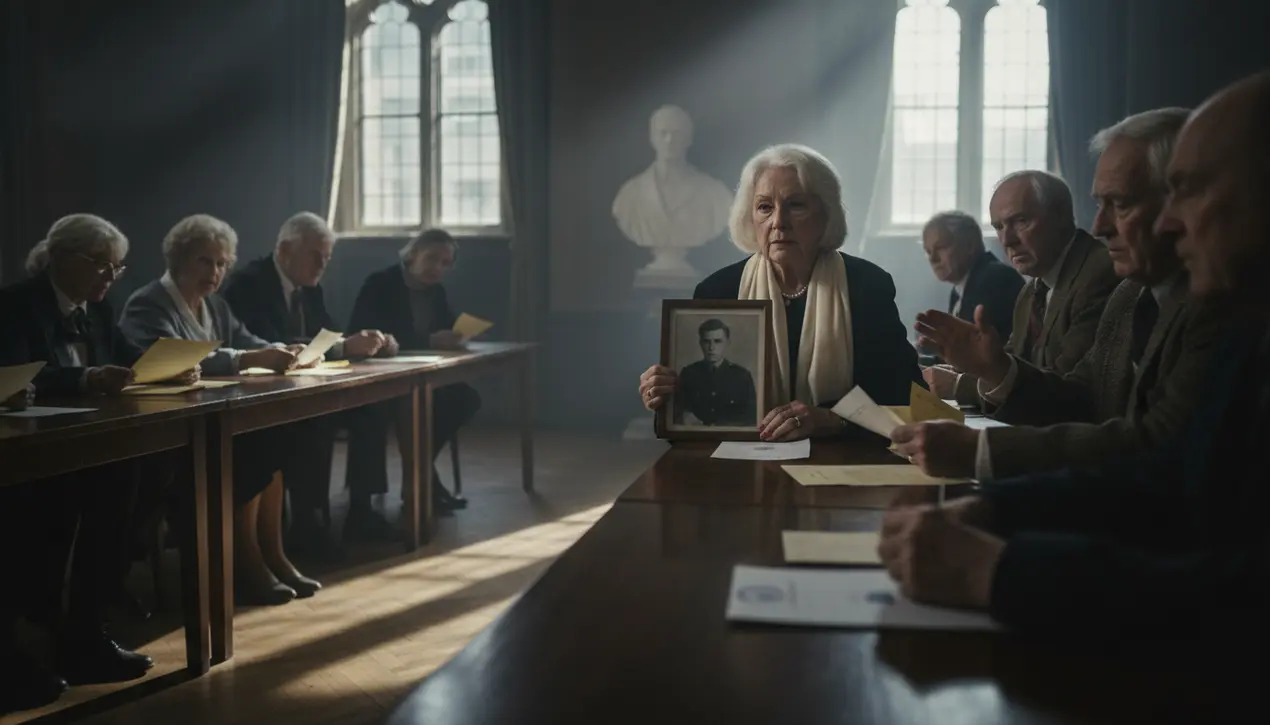- News
- legislation
- Families of IRA victims in England told new Troubles bill could revive path to justice

PoliticslegislationNew Bills and Laws
Families of IRA victims in England told new Troubles bill could revive path to justice
RO
Robert Hayes
4 hours ago7 min read5 comments
In a significant development for victims' families, Security Minister Dan Jarvis has asserted that the new Northern Ireland Troubles bill, by scrapping the contentious immunity scheme, could reopen the path to justice for over seventy families affected by IRA and other paramilitary attacks on English soil. As MPs commenced their first substantive debate on the legislation in the House of Commons, the Home Office quantified the staggering human cost: 77 unsolved killings, a figure that includes 39 British armed forces personnel murdered in towns and cities across England, with more than a thousand individuals injured in these attacks during the three decades of conflict.This legislative pivot marks a profound shift from the government's previously stated position, which had drawn widespread condemnation for effectively drawing a line under investigations through a conditional amnesty model—a approach that many, including victims' groups and political leaders from all sides in Northern Ireland, argued was a betrayal of natural justice and a violation of the UK's international human rights obligations. The renewed possibility of prosecutions, however faint, echoes the long, arduous quest for accountability that has characterized the post-Troubles era, a period often defined more by political compromise than by judicial resolution.Historical precedents, from the Saville Inquiry into Bloody Sunday to the ongoing inquests into controversial deaths, demonstrate that the pursuit of truth, however delayed, remains a powerful and destabilizing force in Northern Irish politics and in the relationship between London and Dublin. This bill, therefore, is not merely a piece of domestic legislation; it is a diplomatic tightrope, balancing the legitimate demands of victims for closure against the fragile stability of the power-sharing institutions in Belfast and the UK's broader commitment to the rule of law.Expert commentary from human rights organizations warns that any new mechanism must be robust, independent, and adequately resourced to avoid the pitfalls of previous historical investigations, which were often criticized for their slow pace and limited scope. The potential consequences are manifold: successful prosecutions, however unlikely after so many years, could provide a measure of solace to aging relatives, while simultaneously risking the re-opening of old wounds and political fissures.Conversely, a failure to deliver tangible results from this 'renewed chance' could represent the final, devastating disappointment for families who have waited decades for answers, further eroding public trust in governmental institutions. The debate in Parliament thus transcends legal technicalities; it is a test of the state's willingness to confront its own complex history and to uphold a fundamental principle—that justice, though often delayed, should never be permanently denied.
#Northern Ireland Troubles bill
#IRA victims
#justice for families
#UK government
#unsolved killings
#featured
Stay Informed. Act Smarter.
Get weekly highlights, major headlines, and expert insights — then put your knowledge to work in our live prediction markets.
Related News
Comments
Loading comments...
© 2025 Outpoll Service LTD. All rights reserved.